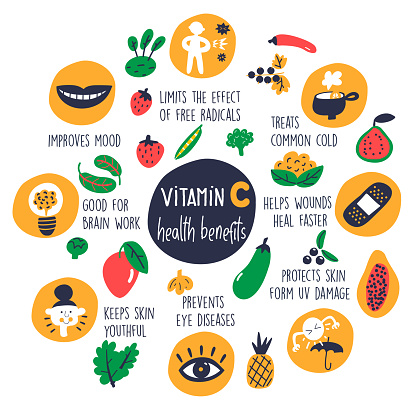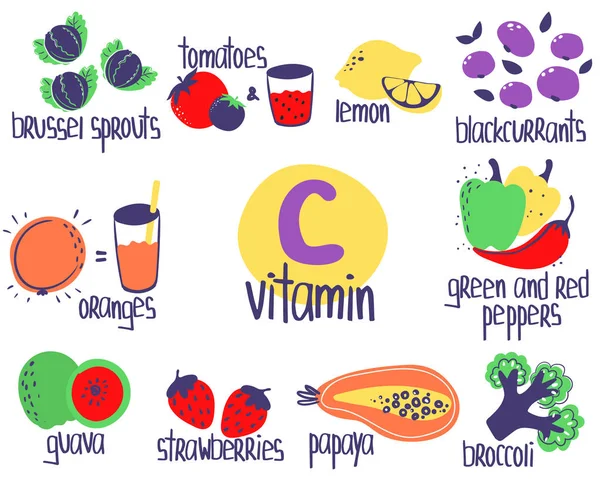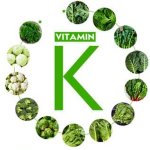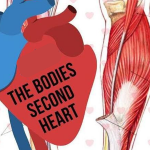O Say Can You C
We believe it’s not only essential to keep your body in shape, but it’s also equally important to be well informed about what you put into it. Today, we’re going to talk about an essential component of a healthy diet – Vitamin C.
What is Vitamin C?
Vitamin C, also known as ascorbic acid, is a nutrient that your body needs but can’t make by itself. It’s involved in many parts of your body’s functions and it’s very important for your health.

Why should I take Vitamin C?
There are several reasons why taking Vitamin C is crucial for maintaining your health. Let’s take a look:
- Boosts Immunity: Vitamin C helps stimulate the production of white blood cells known as lymphocytes and phagocytes, which help protect the body against infections.
- Antioxidant: Vitamin C acts as a potent antioxidant, helping to protect your cells against damage from harmful molecules called free radicals. These are produced when your body breaks down food or is exposed to harmful environmental factors like tobacco smoke or radiation.
- Helps Prevent Iron Deficiency: Vitamin C significantly improves your body’s absorption of iron, a nutrient that’s necessary for growth, development, and the function of your body’s cells. This is especially important for people on a meat-free diet, as iron from plant sources is not absorbed as efficiently as that from meat.
- Increases Iron Absorption: Vitamin C transforms iron into a state that makes it easier for the body to absorb.
- Skin Health: Vitamin C plays a key role in collagen production, a protein that helps wounds heal and maintains the health of your skin, teeth, bones, and blood vessels.
- Prevents Chronic Diseases: Higher intakes of Vitamin C are associated with a lower risk of chronic diseases, such as heart disease, cancer, and cataracts, mainly because of its antioxidant properties.
- Boosts Brain Health: Vitamin C plays a crucial role in cognitive function and prevents mental decline. The high antioxidant capacity of Vitamin C means it can neutralize free radicals before they cause damage to the brain, which can lead to Alzheimer’s or Parkinson’s disease.
How Much Vitamin C Should You Take?
This depends upon whom you ask. If you go with National Institue of Health, they recommended daily amount of Vitamin C varies by age and gender. For teenage boys, it’s around 75 milligrams (mg) per day and for teenage girls, it’s 65 mg per day. Adults generally need between 75 and 90 mg per day.
Others like orthomolecular medicine describes the practice of preventing and treating disease by providing the body with optimal amounts of substances which are natural to the body. Suggest much higher doses as tolerable, up to grams a day. They state that these amounts can help with preventing or recovering from major health concerns.
http://www.orthomolecular.org/resources/omns/v14n12.shtml
Please remember, vitamin C side effects are loose bowels and an upset stomach. Starting slow and building up slowly can side step these negative side effects.

Sources of Vitamin C
Vitamin C is found in a wide variety of fruits and vegetables. Some of the best sources include:
- Citrus fruits like oranges and grapefruits
- Red and green peppers
- Strawberries
- Blackcurrants
- Broccoli
- Brussel sprouts
- Potatoes
A balanced diet will typically provide you with enough Vitamin C, but if you’re finding it hard to get enough from your diet alone, you might want to consider a supplement after consulting with a doctor or dietitian.




 Previous Post
Previous Post Next Post
Next Post